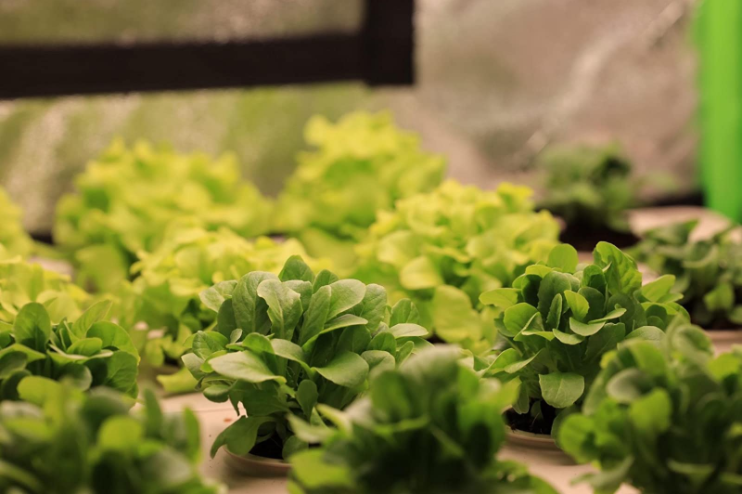From previous blogs we’ve introduced some useful ways to manage the insects in your garden. There’re some more tips we would like to share with you:
Three Tips For Attracting and Promoting Beneficial Insects To Your Garden
1. Increase your plant biodiversity.
Want to attract a ton of tomato pest insects to your garden? Plant all tomato plants.
Otherwise, learn about plant guilds and companion planting. Biodiversity of plant species encourages biodiversity at other trophic levels as well. Interplanting different species together not only makes a more visually attractive landscape, it also reduces pest and disease pressure on any one species while providing a “diversified portfolio” effect on your garden harvests.
If one thing dies, no problem – you’ll still have 20 other species of food producing plants to feed you dinner.
2. Utilize the “three flower rule.”
As a general rule, always try to have at least three plants in bloom in your garden at all times during the warm weather growing seasons. The more the better!
This will not only attract pollinators like bees and butterflies, it will also attract predatory insects whose diets include nectar, pollen, and pest insects. This might be more difficult during fall and winter gardening, but pest insects are also far less active during those seasons.
Don’t overlook small flowers (like cilantro, yarrow, carrots, elderberry) that can produce lots of nectar in addition to larger, showier flowers like lilies or daisies that tend to produce more pollen. Different types of beneficial insects prefer different types of flowers.
3. Use no-till methods.
Imagine you and your family are sleeping peacefully in your home. You’re jolted awake by a tornado siren. Then the next thing you know you hear a loud roar and the walls and roof of your home are ripped off. Sound terrifying?
Now imagine that happening a couple times per year. Assuming you lived through it, you’d probably move out of the area fast.
Just as a tornado, earthquake, or hurricane can do tremendous damage to human-built communities and infrastructure, so too can tilling kill many of the thousands of species of beneficial insects that live, overwinter, or lay eggs in your soil. Not to mention the damage that tillage does to all the beneficial microorganisms that work around the clock to build healthy soil.
The other reasons not to till your soil? Over time, you can wave goodbye to weeding, fertilizing, and maybe even watering–all while increasing your yields!
Knowledge is empowering: will you make it powerful?
How cool is this: YOU have the power to make a dent in some of the world’s biggest problems.
- Your garden or yard can help save thousands of species of native pollinators and other beneficial insects.
- You can sequester significant amounts of greenhouse gases in your soil.
- You can help preserve rapidly disappearing varieties of heirloom/landrace seeds.
- You can help produce clean air and water.
What do you get in return? The ability to walk out your front door and harvest baskets full of healthy, garden-fresh organic food. Go start your organic garden today!


